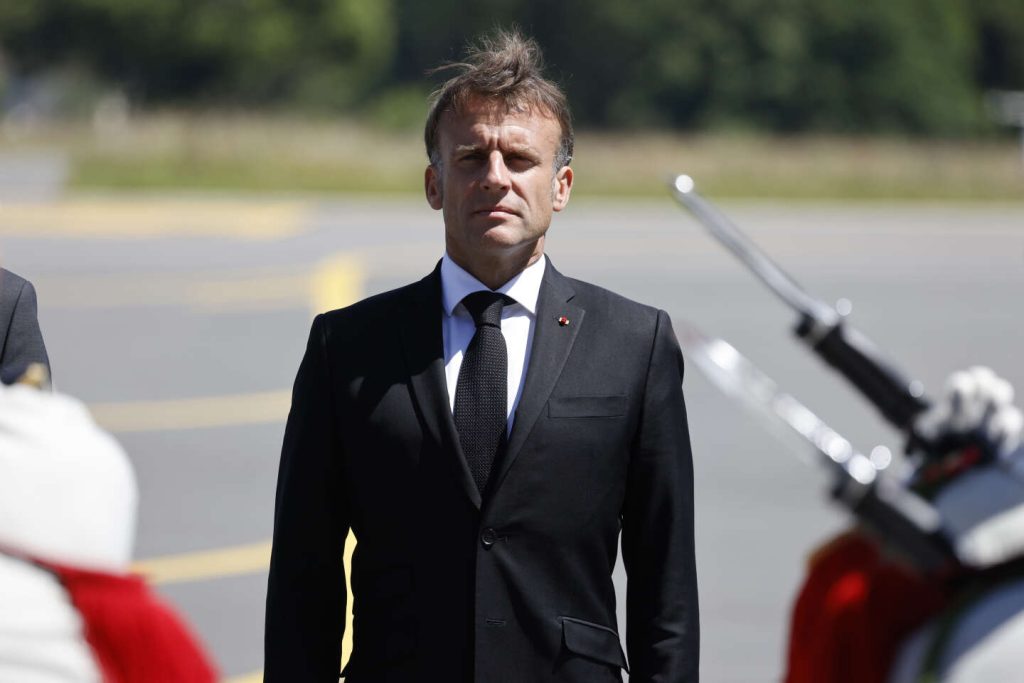The uncertainty of the political situation in France after the legislative elections has raised several legal questions. If a parliamentary majority remains elusive after the elections on June 30 and July 7, President Emmanuel Macron’s only remaining option may be to resign. Although Macron has dismissed this possibility, it is still unclear what would happen if he changes his mind. Could he run for a third term? The French Constitution limits the president to two consecutive terms, inspired by examples from the United States and other European countries where presidents are elected through direct universal suffrage.
The French Constitution, revised in 2008, states that the president is elected for five years and cannot serve more than two consecutive terms. This provision was initially rejected by Jacques Chirac in 2000 but later adopted by Nicolas Sarkozy. The idea behind this limit is to prevent the “usure du pouvoir” or the wearing out of power over time, allowing for a renewal of leadership and a more efficient functioning of the executive branch. The question of what constitutes “consecutive terms” could be interpreted as consecutive full terms, according to parliamentary reports on the constitutional reform in 2008.
Paul Cassia, a professor of public law, believes that the spirit of the constitutional reform is to encourage presidents to act rather than seek to hold onto power for an extended period. By limiting presidents to two consecutive terms, the constitution aims to promote democratic renewal and prevent the concentration of power in one individual over a prolonged period. Cassia argues that understanding “consecutive terms” as “successive elections” is crucial to upholding the democratic principles embedded in the French Constitution. This interpretation would allow for a break in office before potentially being re-elected for a third term.
The constitutional limitation on consecutive terms for the French president is intended to balance the need for continuity in leadership with the democratic principle of periodically renewing political representation. By preventing presidents from serving more than two terms consecutively, the Constitution aims to prevent the entrenchment of power and encourage the rotation of leadership to ensure fresh perspectives and ideas in governance. The constitutional provision reflects a broader trend in European democracies towards limiting the number of terms a head of state can serve to promote democracy and prevent potential abuses of power.
In conclusion, the legal and constitutional constraints on a French president’s ability to seek a third term reflect a commitment to democratic principles and the rotation of power. As President Macron faces political challenges after the legislative elections, the question of whether he could run for a third term remains uncertain. The constitutional provision limiting presidents to two consecutive terms aims to prevent the concentration of power and promote democratic renewal. Understanding the term “consecutive terms” as “successive elections” allows for a flexible interpretation that balances continuity with the need for new leadership in a democratic system.


